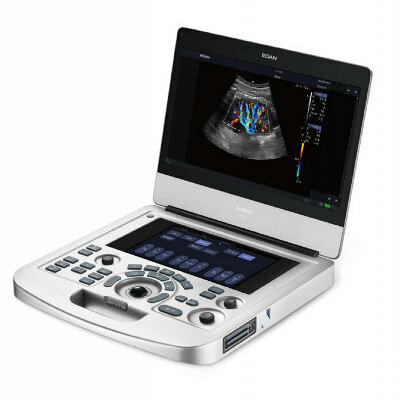Research Shows MRI May Help in the Early Detection of Alzheimer's
By MedImaging International staff writers
Posted on 28 Apr 2011
New research suggests that magnetic resonance imaging (MRI) could help detect Alzheimer's disease (AD) at an early stage, before irreversible damage has occurred, according to a new research. Posted on 28 Apr 2011
The study's findings were published in the online edition of the journal Radiology. With no known treatment to alter its course, AD takes an enormous toll on society. There is growing interest in tests that could identify individuals at risk for AD at an early stage, when memory preservation may still be possible. Brain volume measurement with MRI is one promising area of research.
"One of the things that made our study novel was that we looked at patients who were cognitively normal at baseline, rather than people with mild cognitive impairment," said lead author Gloria C. Chiang, MD, radiology resident from the University of California, San Francisco (UCSF; USA).
For the study, researchers looked at whether automated brain volume measurements on MRI could accurately predict future memory decline in elderly people with normal cognitive ability. They evaluated 149 participants with an initial baseline MRI scan and a neuropsychologic assessment. Follow-up exams two years later showed that 25 of the 149 initially cognitively normal participants (17%) had memory decline.
Whereas earlier research has centered on the medial temporal lobe of the brain, which is strongly associated with memory, the investigators looked at volume changes across a number of regions in the temporal and parietal lobes. The parietal lobe is chiefly associated with the processing of sensory information and is involved in a number of cognitive and language processes.
The predictive accuracy of the classification model increased as the number of brain regions included in the model increased. Models that took into account several areas of both the temporal and parietal lobes had an 81% accuracy rate in discriminating between cognitively normal people, with and without memory decline.
The findings, according to the researchers, revealed how the interaction between these brain regions may play a major role in memory loss. "Previous models have included regions of the brain as isolated variables," Dr. Chiang said. "Our study showed that volume loss in multiple regions that may be interconnected had a greater impact on memory decline. We found that automated temporal and parietal volumes identified those at risk for future memory decline with high accuracy."
The study signifies another step in the process of integrating imaging into the diagnosis and management of AD, according to Dr. Chiang. "We can see so much with MRI, but right now there's no way to definitively diagnose AD with imaging," she said. "The goal in the future is to have a screening device to monitor cognitive decline and diagnose AD."
Related Links:
University of California, San Francisco














